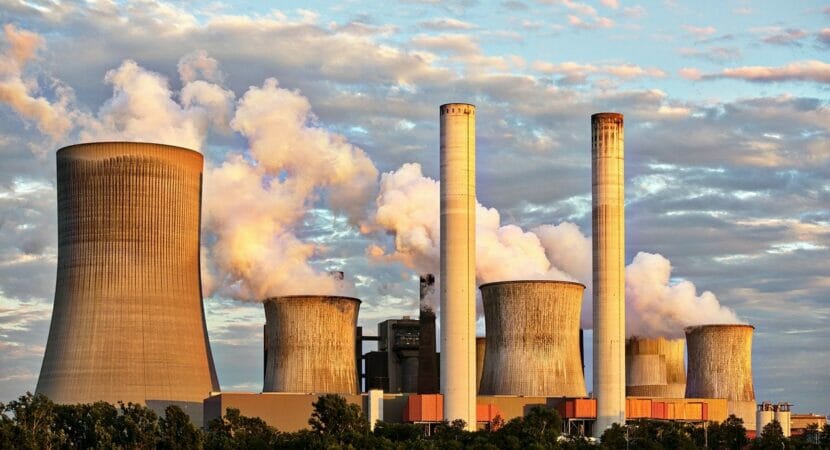
Sweden's plan with nuclear energy is to become 100% fossil fuel free by 2045
While Germany is betting on renewable energy, Sweden has taken a different approach, turning to nuclear power generation. The country has decided to make what it considers to be the obvious choice to reduce CO2 emissions by opting for nuclear energy. In this matter, Sweden's target change from 100% renewable to 100% fossil fuel free by 2045, and the implications of including nuclear energy in its energy targets.
Sweden's changing energy targets
The Swedish parliament passed a change in your energy goals, establishing that the country will be 100% free of fossil fuels by 2045. This change allows nuclear energy to be part of the government's energy targets. 40 years ago, the Swedish government adopted a policy of phasing out nuclear power, but in June 2010, parliament voted to repeal that policy. The government elected last year has sought to promote nuclear power as a viable solution.
Sweden has always been a leader in renewable energy share in the European Union, especially with biomass and hydropower. However, the country recognizes the need for more electricity production, clean electricity and a stable power system. State concessionaire Vattenfall plans to build at least two small modular reactors and extend the useful life of existing reactors in the country. The switch to nuclear power is not a major transition for Sweden, which has been getting half of its electricity from hydroelectric and nuclear sources for 30 years. The new target is specific to fossil fuel-free electricity, not total energy use.
Challenges and controversies for Sweden's energy transition
Although Sweden is a leader in renewable energy, it still relies on coal, oil and gas for around 30% of its energy. The current government has cut subsidies for electric cars, relaxed requirements for carbon-neutral fuels and advocated running coal plants on standby. These measures raise concerns about the meeting the 2030 emission targets and the environmental impact. In addition, Swedish proposals to extend subsidies for coal plants have been met with concern by the European Union, and the intention to weaken a law to restore natural habitats has also generated controversy.
Sweden has chosen to abandon renewable energy in favor of nuclear power generation as part of its strategy to become 100% fossil fuel free by 2045. Although it has been a leader in renewable energy, the country still faces challenges regarding its emissions targets and controversial issues related to subsidies and environmental impact. The Swedish decision highlights the diversity of approaches adopted by countries in the search for sustainable energy solutions.

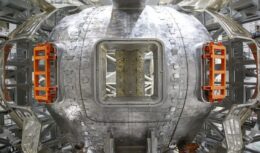
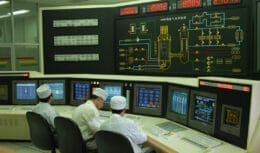
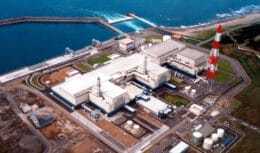
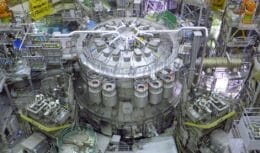







Air Force F-16 fighters…
True friend, what they shot down were…
Air Force F-16 fighters…
I would like to know what planet you live on…
Air Force F-16 fighters…
Everything is fine, 100-year secrecy,…
Air Force F-16 fighters…
Well... It's flying scrap... Typical...
Army summons Brazilians with up to…
Come be a watermelon, you too
This channel is becoming an expert and…
How do I apply for these vacancies?
I hope this project goes well, apparently...
Displace what with this cavalry hahaha
kkkk... after this EXPLAINING, I doubt anyone...
A horse must have a lot of morals to…
Sit in a rocking chair and…
Goodnight. How is security guaranteed…